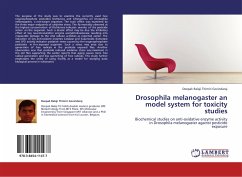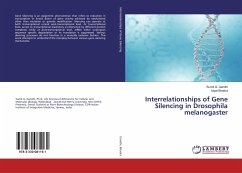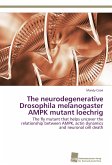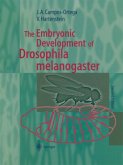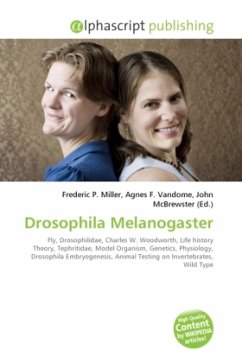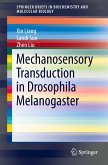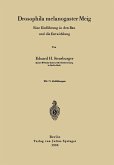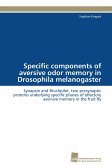The purpose of the study was to examine the currently used two organophosphate pesticides Dichlorvos and Chlorpyrifos on Drosophila melanogaster, a non-target organism. The toxic effect was examined by the three major endpoints of oxidative stress. The fly mortality observed at the highest concentration of Dichlorvos indicates severity of the pesticide action on the organism. Such a drastic effect may be due the inhibitory effect of key neurotransmitter enzyme acetylcholinesterase resulting into irreparable damage to the vital cellular activities as reported earlier. The induction of key anti-oxidant enzymes Catalase and Superoxide dismutase and LPO activity indicates oxidative stress caused by the organophosphate pesticides in the exposed organism. Such a stress may arise due to generation of free radicals in the pesticide exposed flies. Another observation was that pesticide induced oxidative stress was maximum in the old flies supporting the earlier reports that aging causes more free radical generation and less quenching of free radicals. This study further emphasizes the utility of using fruitfly as a model for studying basic biological process in eukaryotes
